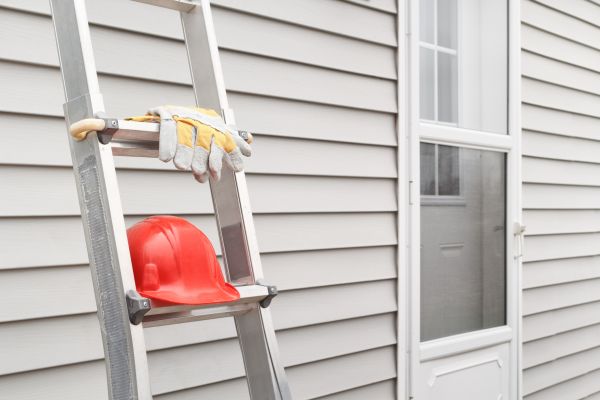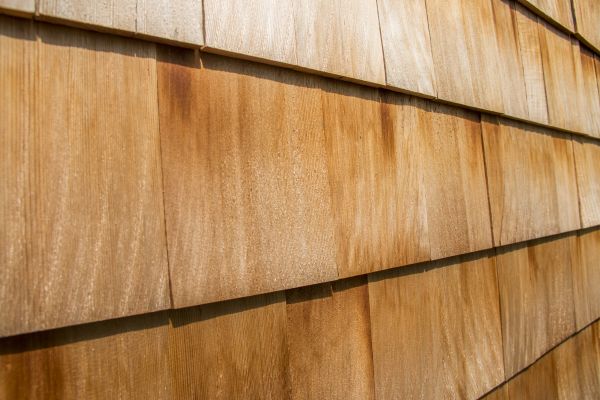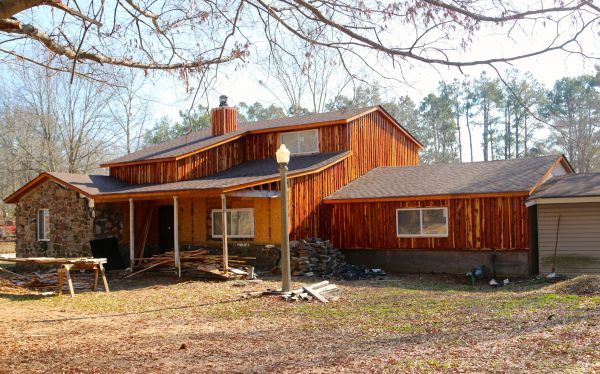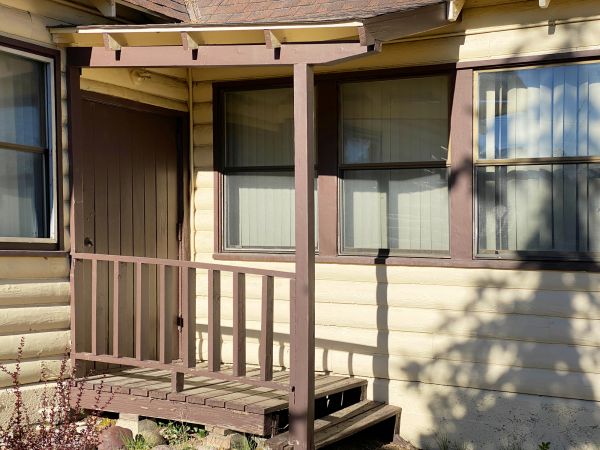Log Cabin Siding Installation
Welcome to Temple Hills Siding
Serving Temple Hills, MD
Log cabin siding installation is a crucial process that involves attaching specially designed siding to a building to give it the rustic and charming appearance of a traditional log cabin. This type of siding is not only aesthetically pleasing but also highly functional, offering enhanced durability and protection against the elements. Proper installation is essential to ensure that the siding is securely attached and capable of withstanding various weather conditions, thus maintaining its beauty and functionality over time. Investing in professional installation ensures that the log cabin siding is fitted correctly, minimizing the risk of damage and maximizing the lifespan of the siding. This process is important for homeowners looking to achieve the classic log cabin look while also benefiting from the practical advantages that quality siding provides.
Benefits of Log Cabin Siding Installation
-
Enhanced Aesthetic Appeal
Log cabin siding provides a unique and attractive appearance that can significantly enhance the curb appeal of your home. The rustic charm of log cabin siding can transform an ordinary structure into a warm and inviting retreat, making it a popular choice for homeowners seeking a distinctive look. -
Increased Property Value
Installing log cabin siding can increase the value of your property by improving its overall appearance and durability. Potential buyers often appreciate the classic look and feel of a log cabin, which can make your home more appealing in the real estate market. -
Improved Insulation and Energy Efficiency
Log cabin siding can contribute to better insulation, helping to maintain a consistent indoor temperature. This improved insulation can lead to greater energy efficiency, potentially reducing heating and cooling costs over time.
Fill out our contact form today to request Log Cabin Siding Installation service in Temple Hills and transform your home with the timeless beauty of log cabin siding.






